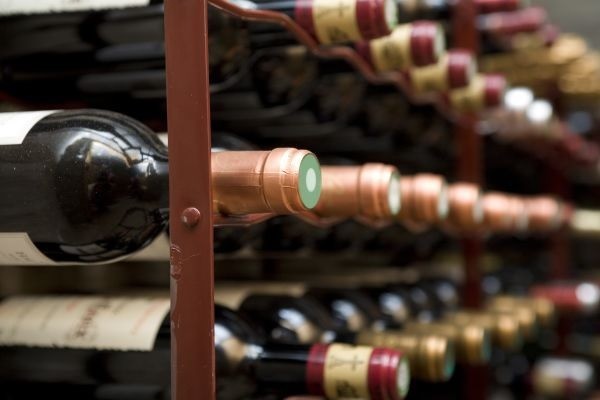Fewer imported wines were rejected by Chinese customs in 2015 amid strong growth in wine import, shows official figures.
284 tons (123 batches) of imported wines were destroyed or returned by the Chinese Customs for quality and packaging problems in 2015, according to the reports released by China’s General Administration of Quality Supervision, Inspection and Quarantine. The number has decreased by 10% from 2014 (314 tons, 165 batches).
Amid a 45% year-on-year increase in wine import volumes in 2015, the move suggests better awareness of Chinese customs regulations among foreign producers.
These ‘substandard’ wines came from 20 countries (see the graph below).

Spain (26%), France (11%) and Australia (10%) were again among the top sources of wines being blocked by Chinese customs. In volume wines from these countries account for 14%, 42% and 14% respectively of wines entering China in 2015.
The top reason for rejection was the excessive use of food preservative sorbic acid (21%).
According to China’s national standard on wine (GB15037), the allowed level of sorbic acid in wine is 200mg/L. This requirement is in line with the maximum level defined by EU food additives regulations.
The preservative, when consumed in too high quantities, could be potentially damaging to liver and kidney functions, according to China’s quarantine authority.
11% of those blocked by customs failed to reach China’s national standards for Sugar-free dry extract. The number is significantly lower than 2014, when the issue was the top reason for rejection (23%).
‘Excessive copper (15%)’ and ‘poor packaging (12%)’ were also main reasons to customs rejection in 2015, according to the reports.
The current national standard on wine was introduced in 2008. Authorities are looking into updating the regulation to make it more in line with international standards, as reported previously by DecanterChina.com.
In 2015, a total of 554m litres of wines were imported into China.
All rights reserved by Future plc. No part of this publication may be reproduced, distributed or transmitted in any form or by any means without the prior written permission of Decanter.
Only Official Media Partners (see About us) of DecanterChina.com may republish part of the content from the site without prior permission under strict Terms & Conditions. Contact china@decanter.com to learn about how to become an Official Media Partner of DecanterChina.com.






Comments
Submit